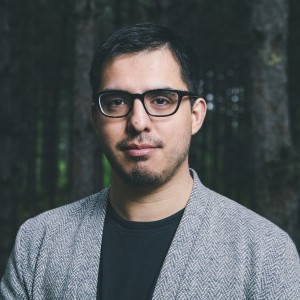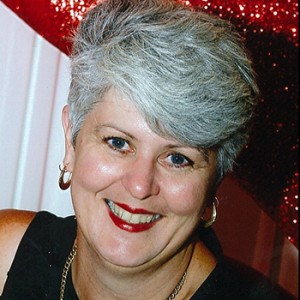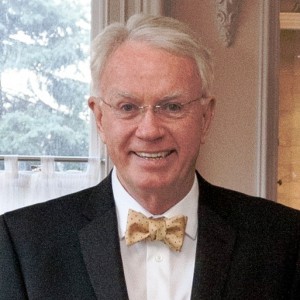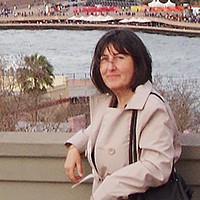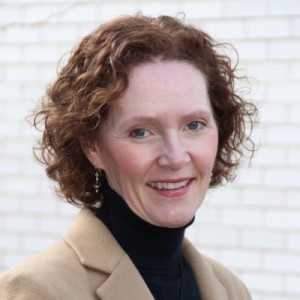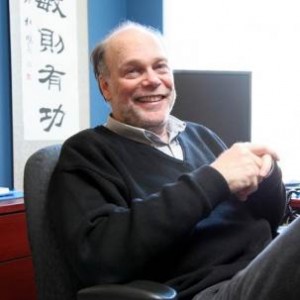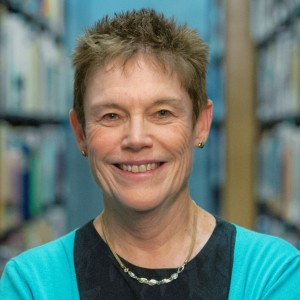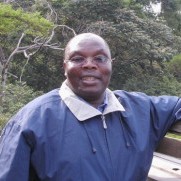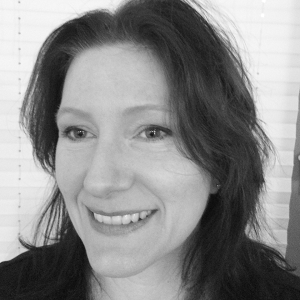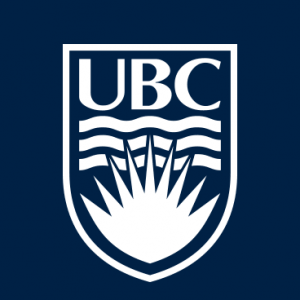Samuel Rocha
Philosophy of education; Phenomenology, Latin American philosophy of education; Theology; Jazz.
Dr. Rocha is interested in making and offering descriptions of education, study, teaching, curriculum, and schooling.
Kerry Renwick
Critical pedagogy; Praxis; Health literacy; Home economics; Health promoting schools; Vocational education and training.
Her research is focused on the construction of health as a social attribute through family and community; and social justice as a goal of health promotion and education. Dr. Renwick also looks at the ways in which education and health are experienced differently according to family and geographic locality. Her scholarship has contributed to and had had a major impact in the emerging field of health literacy especially as it is applied in school contexts.
William Pinar
International studies; Curriculum studies; Queer theory.
Dr. Pinar has made seven main contributions to curriculum studies, perhaps first among them the concept of currere, the infinitive form of the noun curriculum. He first invoked it during the 1970s to denote a shift from curriculum defined as syllabus (or objectives or outcomes, or from any of its conceptualizations as a static entity, implied by the noun) to curriculum conceived as the educational experience of “complicated conversation.”
Anne Phelan
Curriculum studies; Teacher education; Philosophy of education; Pedagogy.
Her research focuses on the intellectual and political freedom of teachers and on the creation of teacher education programs and policies that support that end. Dr. Phelan’s work has explored (a) the formation of identity, (b) the dynamic of judgment and responsibility, and (c) the paradoxes of autonomy (creativity and resistance) in teacher education and in professional life. Her scholarship has contributed to understandings of education for democracy within and beyond the teaching profession.
Nancy Perry
Self-regulation; Self-regulated learning; Motivation; Teacher development; Learning disabilities; “At risk” children and youth.
Dr. Perry studies how features of classroom contexts support students’ self-regulation of learning and how to support teachers to foster self-regulated learning (SRL) in students. She is internationally recognized for her contributions to research in four areas: (a) studying SRL in classrooms; (b) studying SRL in elementary-aged students; (c) preparing teachers to promote SRL; and (d) measuring SRL.
Anthony Paré
Rhetoric; Writing; Genre theory; Academic and workplace literacy; Doctoral education.
Dr. Paré’s research and teaching are concerned with the role of writing in human activity, both in the academy and in the non-academic workplace. He is interested in the ways in which generic, regulated writing practices locate individuals in particular subject positions and relations to others, and in how those practices afford and/or constrain ways of thinking and acting. Most recently, he has studied the place of the doctoral dissertation in the formation of new scholars.
Bonny Norton
Language education; Identity; International development; Digital storytelling; Africa.
Dr. Norton’s current research addresses digital storytelling and early literacy in African communities. She is best known for her research on identity, language learning, and social change, for which she has received multiple international awards. A Fellow of the American Educational Research Association, she was the inaugural recipient of the Senior Researcher Award of the Second Language Research SIG of AERA.
Samson Nashon
Science education; Science teacher education; Contextual learning; Qualitative research; Quantitative research; Mixed methods research; Curriculum; Science and technology education.
Dr. Nashon’s research is characterized by: 1) Understanding the nature of science curriculum and instruction and development of theoretical models to improve the practice of science teaching: proposed two theoretical models: “Working with Analogies” (WWA) and “School Physics Instructional Model” (SPIM); 2) Understanding the science learner: Investigates learner conceptions in science; 3) Understanding the deep meta–level mechanisms of science learning: Investigates higher–order learning mechanisms.
Amy Scott Metcalfe
Higher education; Policy studies; Visual research methods; Internationalization.
Her research focus is Canadian and international higher education as seen at the levels of policy, systems, institutions and individual academics. A related area of interest is the changing academic profession and the interrelationship between research activity and researcher identity. Dr. Metcalfe is currently developing a methodology for visual research in higher education, building upon visual ethnography, poststructuralism, and the visual arts.
Sterett Mercer
Curriculum-based measurement; Reading intervention; Teacher influence on student peer relations.
Dr. Mercer’s research focuses on the development and use of brief, repeatable assessments of academic skills to inform decision making during academic interventions. His research has also focused on the ways that teachers can influence classroom peer relations.
